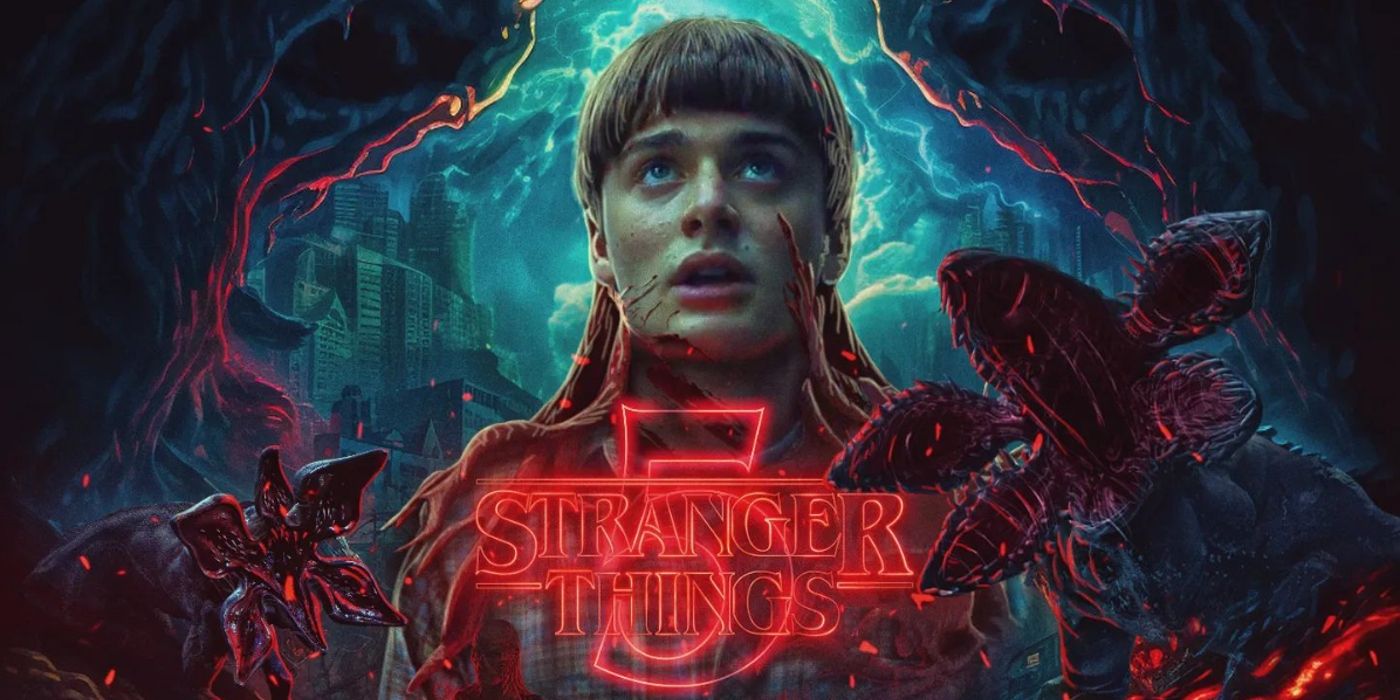In the world of marketing, there’s always something new to learn, and sometimes the most valuable lessons come from unexpected places. Stranger Things, a series that has captivated millions, hasn’t just redefined the science fiction genre; it’s also provided a masterclass in how to connect with a global audience. From its nostalgic nods to the ’80s to its masterful use of social media, Stranger Things has implemented strategies that brands can and should adopt. Here, from various perspectives, we explore 15 marketing lessons we can learn from this cultural phenomenon.
Voice 1: The Nostalgic Fan

“Stranger Things isn’t just a series; it’s a trip straight back to the ’80s. That nostalgia, that feeling of ‘I lived through this,’ is what hooked me from the first episode. In marketing, that emotional connection is pure gold. Creating content that evokes emotions and memories in your audience is the first lesson. It’s like striking a chord that directly connects them to your brand. Take, for example, Coca-Cola’s limited edition ‘New Coke’ launched alongside Stranger Things. It was a masterstroke, not just because they revived a historic product, but because they did it in a context that made sense, evoking nostalgia in both fans of the show and those who remembered the original ‘New Coke’.”
Voice 2: The Data Analyst
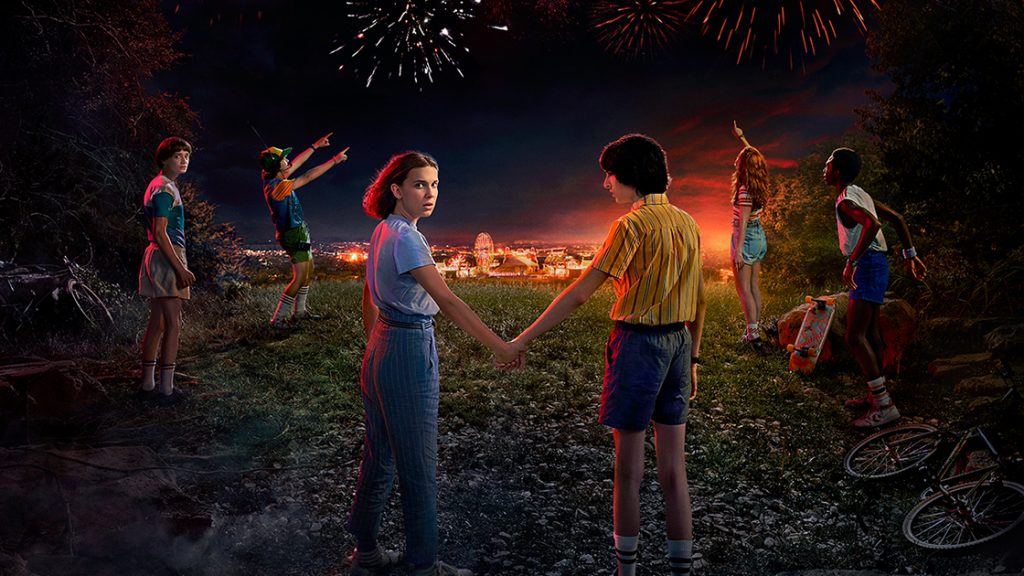
“Sure, nostalgia is powerful, but what really stands out in Stranger Things is how they use data to fine-tune their strategy. From the release timing to key plot points, everything is meticulously calculated to maximize impact. Netflix knows exactly when and how to release episodes, and that’s due to extensive analysis of user behavior. For brands, this means analyzing your audience, understanding their habits and preferences, and using that data to direct your content precisely. A good example is how Netflix releases the series during the summer, a time when they know their target audience has more time for binge-watching.”
Voice 3: The Creative Advertiser

“You can’t talk about Stranger Things without mentioning its visual creativity. The series has redefined the use of retro design in a way that feels fresh and original. This teaches us that aesthetics matter. Brands need to be bold and play with visuals, creating a style that’s instantly recognizable, just like the Stranger Things logo. A clear example of this is the use of typography inspired by Stephen King’s books and 80s horror movies. This design has been replicated in advertising campaigns, merchandise, and even memes, reinforcing the brand’s identity.”
Voice 4: The Social Media Expert
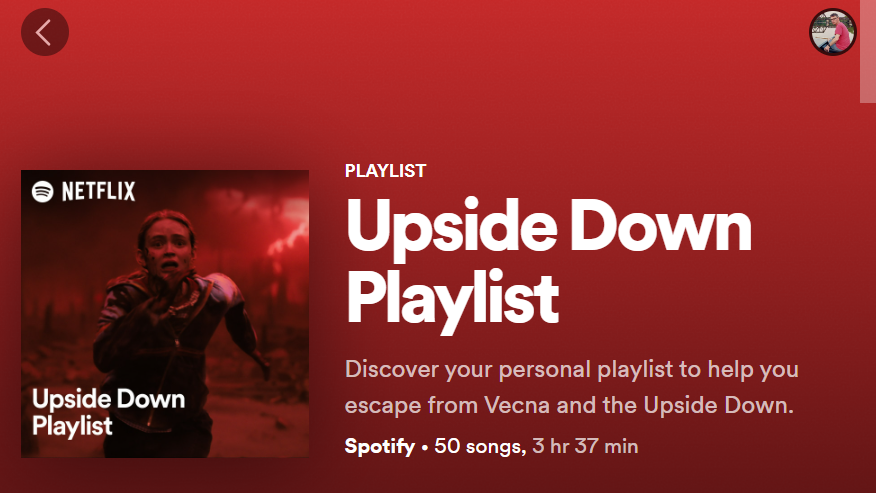
“Let’s talk about social media! Stranger Things has dominated social media like few shows have. Their interactive campaigns, like Instagram filters that make you feel part of the ‘Upside Down’ or cryptic Twitter teasers that have fans deciphering clues, keep the audience engaged even when the show isn’t airing. The lesson here is clear: social media isn’t just for promotion; it’s an extension of the user experience. A perfect example is the collaboration with Spotify, where users could see personalized playlists based on which Stranger Things character they identified with. This wasn’t just interactive; it personalized the experience, making each user feel like part of the show’s universe.”
Voice 5: The Content Strategist

“Exactly. And it’s not just about social media content. Stranger Things has expanded its universe through books, comics, and even video games. This reinforces the idea that content marketing isn’t limited to blogs or videos; it’s about building an ecosystem where your audience can immerse themselves and explore beyond the main product. A great example of this is the Stranger Things video game, which isn’t just a simple spin-off but complements the series’ story, giving fans a new way to interact with the characters and plot.”
Voice 6: The Brand Executive
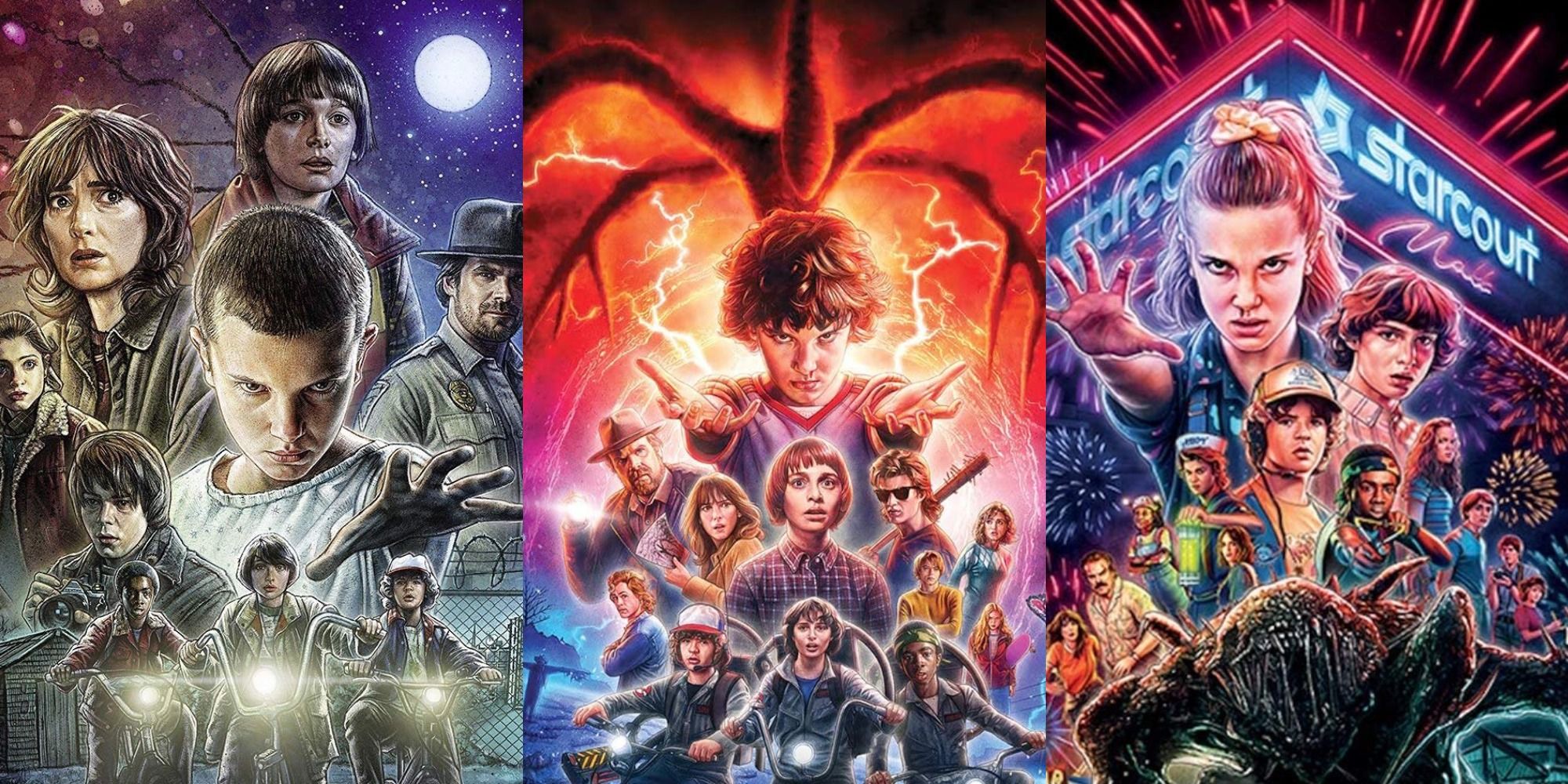
“Totally agree. And when it comes to branding, Stranger Things is a case study in consistency. From the first poster to the last scene, the series maintains a solid visual and thematic identity. This is crucial for any brand: a consistent and recognizable identity is what sets you apart in a saturated market. An example of this consistency is how each season maintains the same atmosphere of mystery and danger while introducing new elements and characters that keep the story fresh. This is something brands should emulate: evolving without losing sight of what makes them unique.”
Voice 7: The SEO Expert
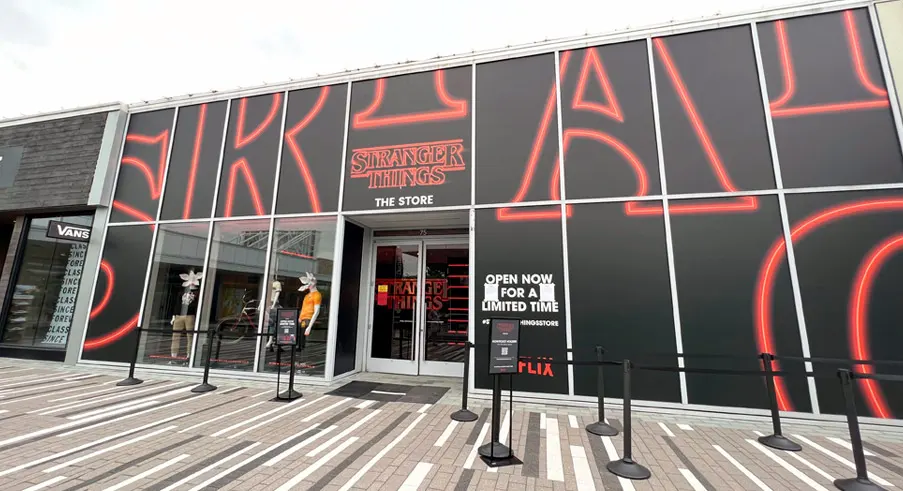
“Let’s not forget SEO. Stranger Things knows how to position itself in search engines. From optimizing titles to using keywords related to ’80s pop culture, the series has ensured that if you search for anything related, you’re likely to come across it. For example, when someone searches for ‘best Netflix series,’ Stranger Things almost always appears on the list. Brands need to be strategic with their keywords, aligning their content with what their audience is actively searching for. A good example of this is how online stores selling Stranger Things-related products optimize their product descriptions to appear in relevant searches, capitalizing on the series’ popularity.”
Voice 8: The Digital Advertising Specialist

“Speaking of searches, the series has also mastered the art of paid advertising. From brand collaborations to themed product launches, Stranger Things has used digital advertising to reach audiences who might not have discovered the show otherwise. A clear example is the collaboration with Baskin-Robbins, which launched Stranger Things-inspired ice cream flavors, accompanied by a digital advertising campaign that attracted both fans and new curious consumers. This shows us that a well-executed paid advertising campaign can significantly amplify your reach.”
Voice 9: The User Experience Designer
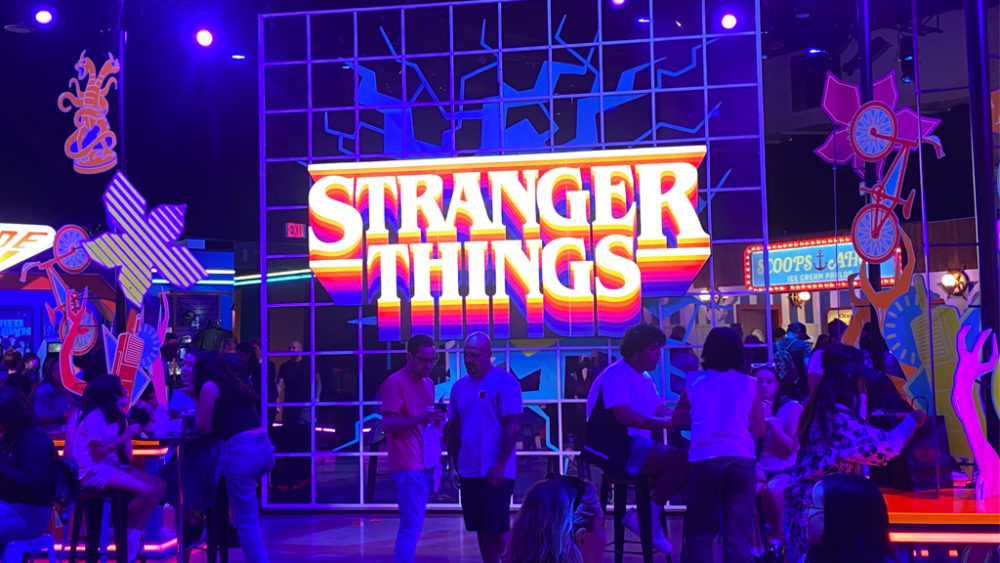
“And we can’t ignore the user experience. Stranger Things creates an atmosphere that envelops you, from the music to the plot. Brands should do the same: design immersive experiences that make customers feel part of something bigger. An example of this is how Netflix designed an immersive experience at Comic-Con, where fans could literally step into the ‘Upside Down’ and live a terrifying and thrilling experience. A well-designed user experience not only attracts but retains, creating long-term loyalty.”
Voice 10: The Public Relations Expert
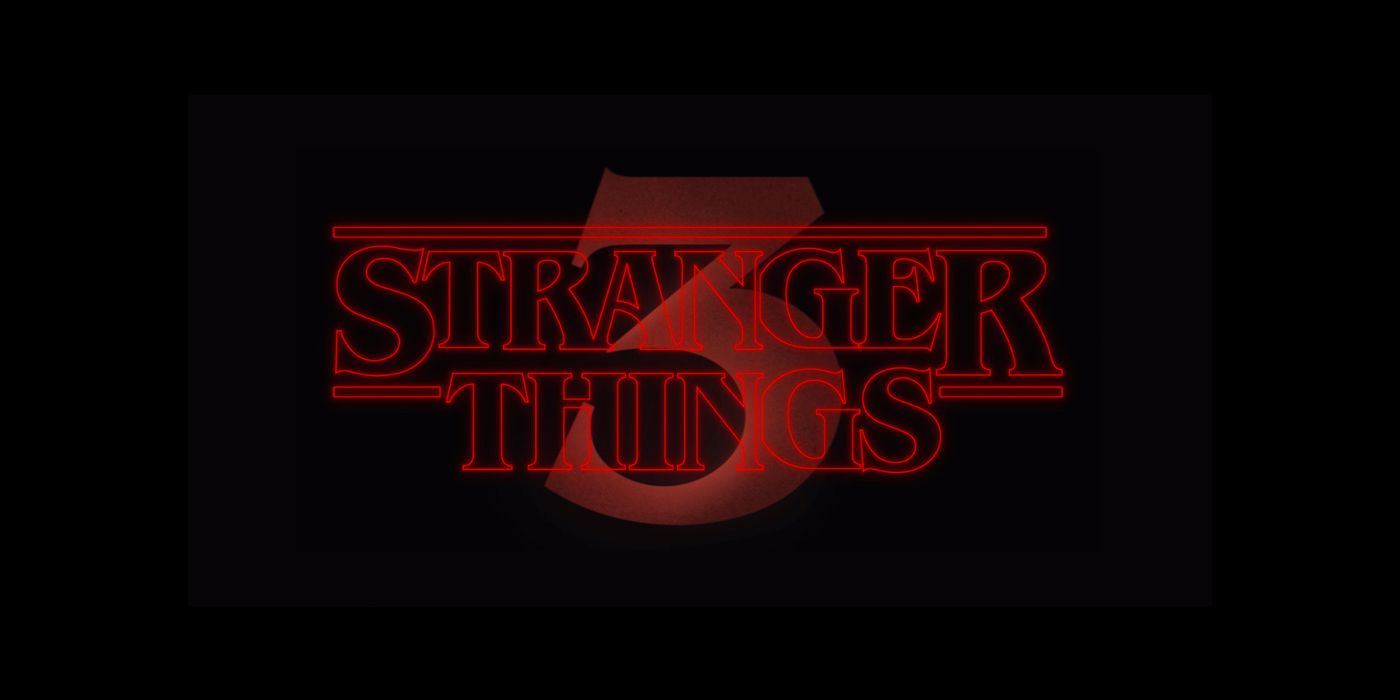
“One aspect that’s often overlooked is how Stranger Things handles its public relations. They’re always a step ahead, building anticipation with each new season. They know how to manage the media and create buzz around their brand. A good example was the announcement of the third season, which was made through a cryptic teaser video that left everyone speculating about what was to come. Brands need to learn how to control their narrative and create stories that the media want to tell, just as Stranger Things does with its carefully planned announcements and events.”
Voice 11: The Community Manager
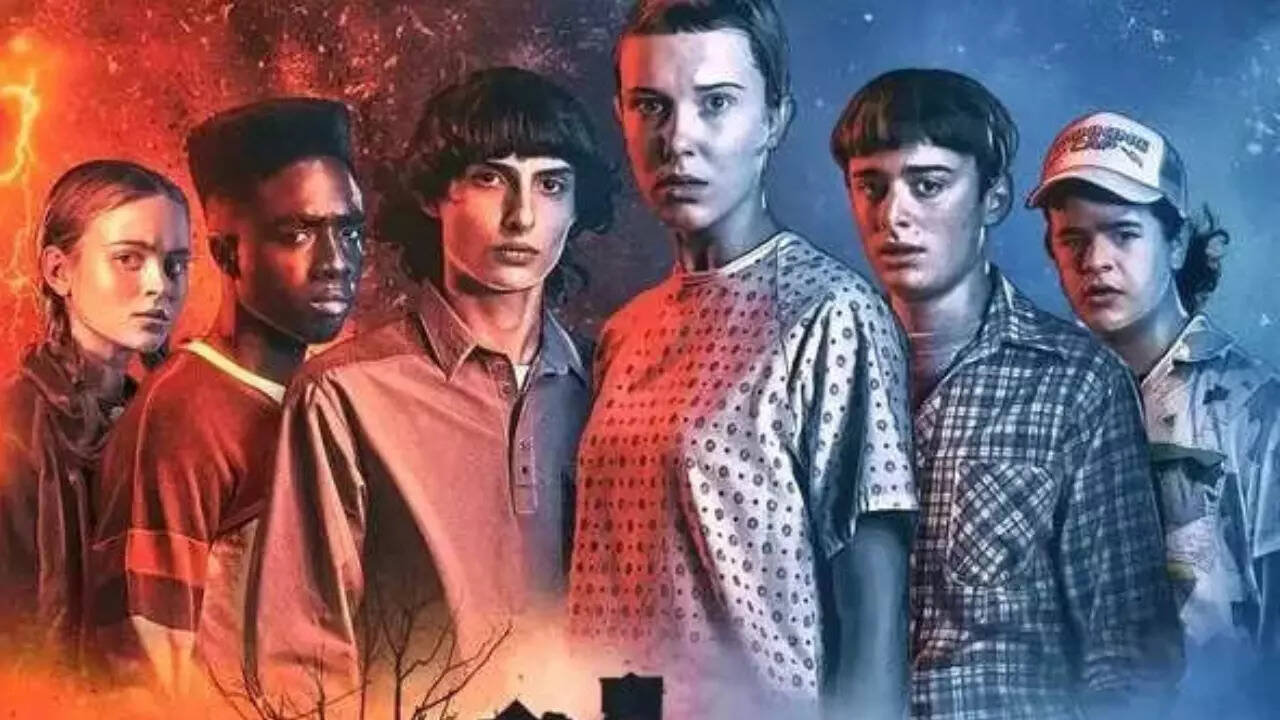
“From my perspective, engagement is key. Stranger Things doesn’t just release content; it interacts with its audience. Fans feel heard and valued, which creates a loyal community. As brands, we need to do the same: engage with our audience, respond to them, and make them feel part of the journey. An example is how Stranger Things launches polls and asks for opinions on possible plot twists on their social media, which not only generates interaction but also gives fans the feeling that they are influencing the development of the story.”
Voice 12: The Marketing Consultant
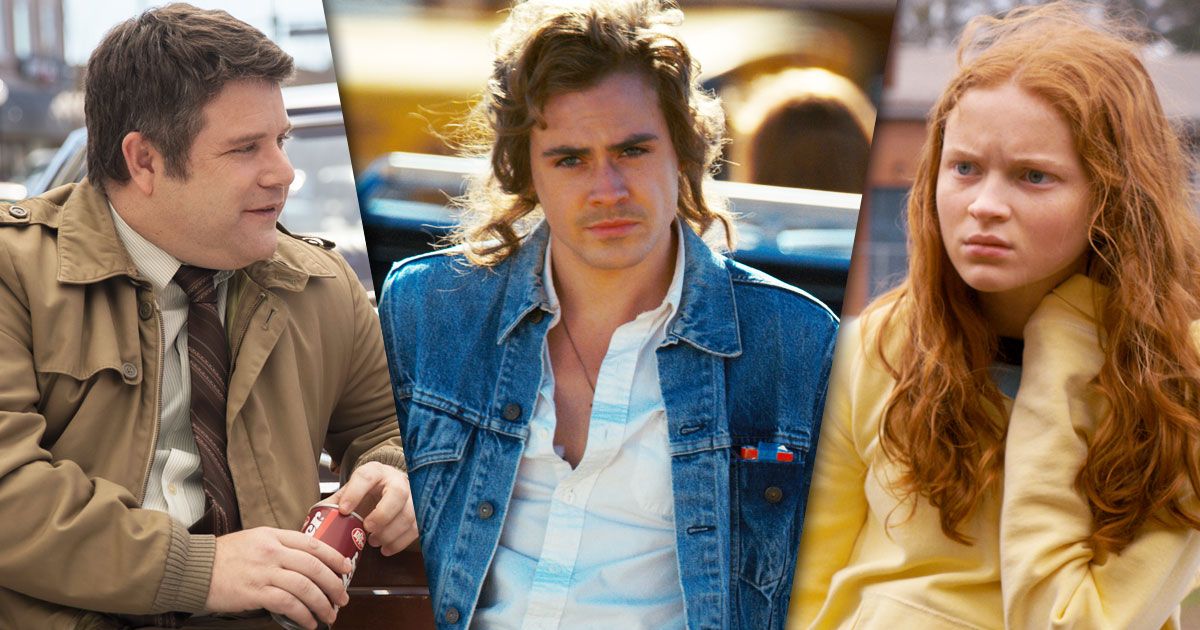
“We can’t overlook the importance of consistency. Stranger Things has been consistent in its quality, tone, and delivery, which has built a solid fan base. The lesson for us is simple: consistency builds trust, and trust is the foundation of any lasting relationship with customers. A clear example is how each season of Stranger Things, although it introduces new characters and plots, maintains the same level of quality in its production, ensuring that fans know exactly what to expect and remain loyal.”
Voice 13: The Marketing Influencer

“One aspect I love is how the series has used the power of word-of-mouth. Fans don’t just watch the series; they passionately recommend it. This is a lesson for brands: never underestimate the power of referral marketing. When your product is good enough, people will talk about it, and that’s the kind of marketing you can’t buy. An example is how Stranger Things became a global conversation topic during its launch, not just because it was promoted, but because fans shared their opinions and excitement in their social circles, becoming advocates for the series.”
Voice 14: The Event Strategist

“And what about events. Stranger Things has organized some of the most iconic events, from themed premieres to immersive experiences. This teaches us that taking the experience beyond the screen, to a live event, can be a decisive factor in making your audience connect on a deeper level with your brand. An example is the Los Angeles premiere event for the third season, where scenes from the series were recreated, allowing attendees to experience the world of Stranger Things firsthand. These events create an emotional connection that’s hard to achieve through other means.”
Voice 15: The Marketing Visionary
“At the end of the day, what makes Stranger Things a success isn’t just one trick or tactic. It’s the combination of all these elements: nostalgia, data, creativity, consistency, and, most importantly, a deep understanding of its audience. As brands, our task is to learn from this and apply these lessons to create strategies that not only sell products but create unforgettable experiences.”
These voices, each from their perspective, show us how Stranger Things isn’t just a television series but a master in the art of marketing. GGyess is taking these lessons and preparing for a future where the combination of creativity, data, and user experience will be key to the success of any marketing strategy. With advanced automation and analytics tools, GGyess is ready to help you create campaigns that resonate and persist in the minds of your audience, just as Stranger Things has done.
